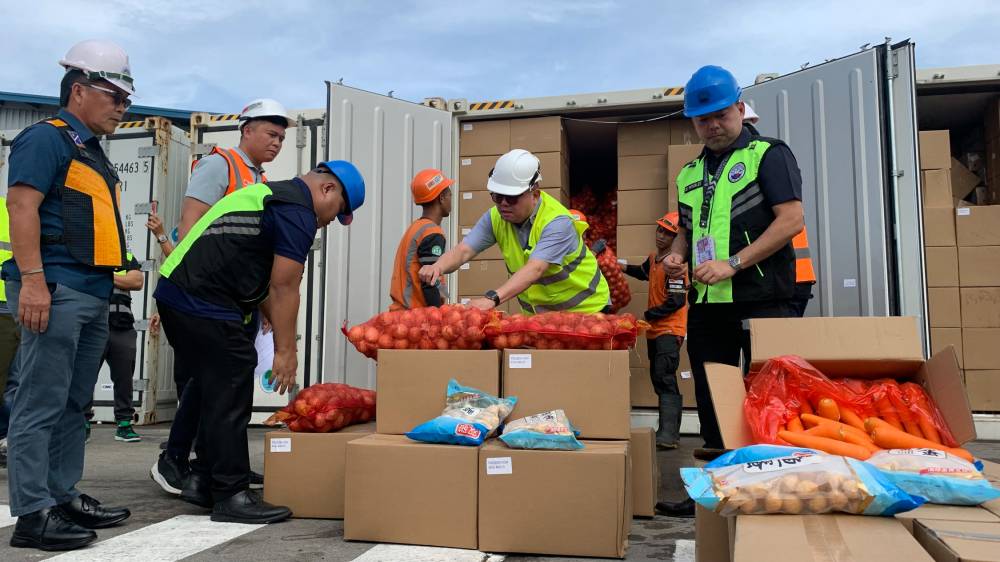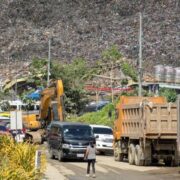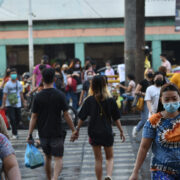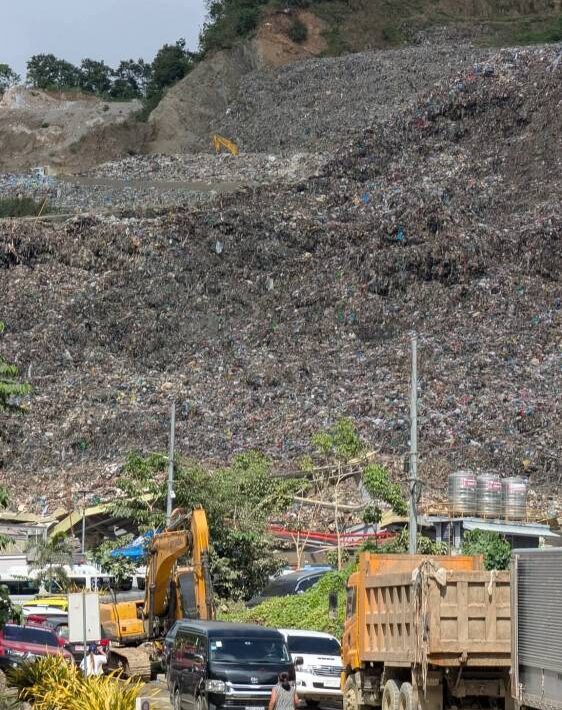Marcos to sign agri economic sabotage bill this week

President Marcos is expected to sign this week a new law meant to combat rampant smuggling, profiteering and hoarding of agricultural products, make food more affordable and accessible, and provide better income to local farmers.
Senate President Francis Escudero said the Anti-Agricultural Economic Sabotage Act, a priority measure of the administration, was scheduled to be signed by President Marcos on Thursday.
Escudero noted that the measure gives more teeth to government efforts to run after smugglers, whose illegal activities are hurting local farmers, fisherfolk and consumers.
“Smugglers, hoarders and profiteers have long served as a monkey wrench to our efforts toward attaining food security. With this law, we are optimistic that more Filipinos will now have greater access to affordable and nutritious food,” he said.
Under the new law, agricultural smuggling, hoarding, profiteering, cartel and financing of these crimes are classified as acts of economic sabotage and thus carry a penalty of life imprisonment and a fine of three times the value of the agricultural and fishery products involved in the crime.
For acts that aid in the commission of agricultural economic sabotage such as the transport and storage of the smuggled goods, the penalty imposed will be jail terms of 20 to 30 years and a fine of twice the value of the agricultural and fishery products.
Lower prices, higher incomes
“Farmers, fisherfolk, livestock and poultry raisers, and legitimate traders have long been suffering from the operations of smugglers and other individuals and groups engaged in the manipulation of the market. With the new law, we expect to see lower food prices and better incomes for our stakeholders in the agriculture sector,” Escudero said.
He added that the new law sends a strong message that the government will use all its resources to hold accountable individuals and groups engaged in uncompetitive and exploitative practices in the farm sector.
The Senate President pointed out that running after smugglers will also mean plugging leakages in the revenue stream of the government.
An Anti-Agricultural Economic Sabotage Council chaired by the President will be created to oversee the implementation of the law.
The members of the council will include the heads of the Department of Agriculture, Department of Justice, Department of Finance, Department of the Interior and Local Government, Department of Transportation, Department of Trade and Industry, the Anti-Money Laundering Council, and the Philippine Competition Commission.
Possible hoarding
One representative each from the sugar, rice, corn, livestock and poultry, vegetables and fruits, fisheries and other aquatic products, and tobacco sectors will also be part of the council.
The government has blamed smuggling and hoarding for the persistently high prices of agricultural products.
On Tuesday, Agriculture Secretary Francisco Tiu Laurel Jr. said they are investigating the liability of two defunct companies listed as consignees of several container vans of imported rice found overstaying at the ports amid suspicion they were involved in hoarding.
At a press briefing in Malacañang, he said importers have also started taking out their stocks after the Philippine Ports Authority (PPA) flagged them for overstaying.
“For the abandoned cargo, we checked that some of the companies are no longer existing. But we’re still going to pursue the investigation and we will get to the bottom of this,” he said.
Tiu Laurel made the statement following the disclosure by the PPA and the Bureau of Customs of the 888 container vans containing some 23 million kilos of imported rice that have been left in Manila ports for months.
According to Tiu Laurel, the importers reasoned that they allowed the rice shipments to stay at the ports to save on costs.
“They are saying that port charges are still cheaper than to have these stored in their own warehouses,” he said.
For the abandoned rice shipments, he said these will be seized by the government and may be auctioned or sold at government-run Kadiwa stores. —WITH A REPORT FROM MELVIN GASCON INQ





















